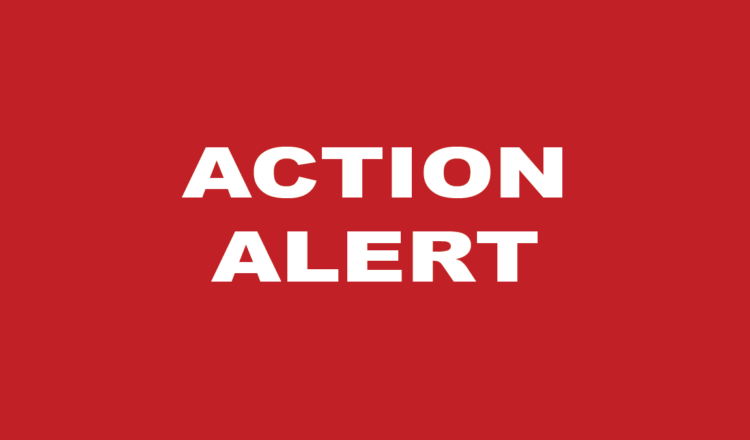Update – September 1, 2020:
Assembly Bill 890, expanding scope of practice for non-physicians, was adopted by the the California Legislature on August 31 and is now on the way to Governor Newsom’s desk for a signature.
A veto is now the last chance to stop the bill from being enacted. If the profession stands together a veto is achievable, like in 2010 when Gov. Schwarzenegger vetoed legislation that would have degraded physician due process rights in peer review hearings.
What can you do?
The CMA has a tool for contacting Gov. Newsom at: https://www.cmadocs.org/ab-890
You can also use the following link to contact the Governor directly: https://govapps.gov.ca.gov/gov40mail/ (select AB 890 from the drop-down list).
Or consider sending a fax to the Governor at: (916) 558-3160.
Here is sample text you can modify to your liking:
Governor Newsom I ask you to veto AB 890. Increasing patient access to high quality primary care is crucial but AB 890 will not accomplish this goal. Instead AB 890 will give insurers, and other bureaucrats, another tool to cut corners and degrade the quality of medical care patients receive. There are better options, that increase the supply of physicians, like bills being considered in other states to address a growing shortage of training positions for medical school graduates.
Thank you for speaking out. Your voice makes a difference.
~AAPS
P.S. Please read more about this bill and potential alternatives in our original alert, copied below.
California Assembly Sends Bill to Grant Full Practice Authority to Nurse Practitioners to Senate
| On Monday January 27, 2020, the California Assembly passed AB 890, introduced by Assemblymember Jim Wood (D-Santa Rosa), which provides full practice authority to nurse practitioners, and sent the bill to the California State Senate. The author states that the bill is, intended to “address the serious shortage of primary care physicians.” But rather than actually proposing a solution to that problem, what the legislation will do is increase the likelihood that patients will be pushed by insurance company bureaucrats and hospital administrators to be treated by someone other than a physician. Instead of deeming lesser trained practitioners to be on par with physicians, the legislature could be exploring solutions that actually increase the supply of physicians, by working to reverse failed policies contrary to that goal. Nationwide, the physician shortage is exacerbated by a deficit of residency program slots for medical graduates. Approximately 8,000 applicants per year to U.S. residency programs currently fail to obtain a match after graduating from medical school. |
| (graph source: NRMP.org) A complete resolution to these problems means tackling a number of flawed federal policies, but in the meantime there are important state-based solutions that can be implemented to help. One exciting proposal, Arizona’s HB 2419, would allow unmatched medical school graduates — with a degree of MD or DO and who meet a few other criteria — to train and practice in primary care settings in the state, under the supervision of, and in collaboration with, licensed physicians. Missouri has led the way by becoming the first state to implement this program, and it is enhancing patient care in the state. California should consider legislation like this too so these medical school graduates have an opportunity start on their post graduate training and California patients will gain expanded care options. |
 |
| (graph source: Acad. Med.) By the time medical school students graduate, they generally have more than twice as much clinical experience as new nurse practitioner graduates who are able to practice in the state. So allowing MD and DO medical graduates the ability to have limited practice opportunities is a common sense step California can and should take as soon as possible. For more background information on the scope of practice issue, see Physicians for Patient Protection, https://www.physiciansforpatientprotection.org/does-science-support-np-independence. |





